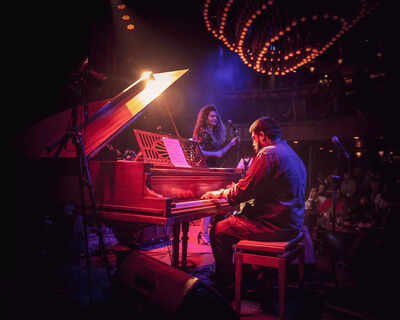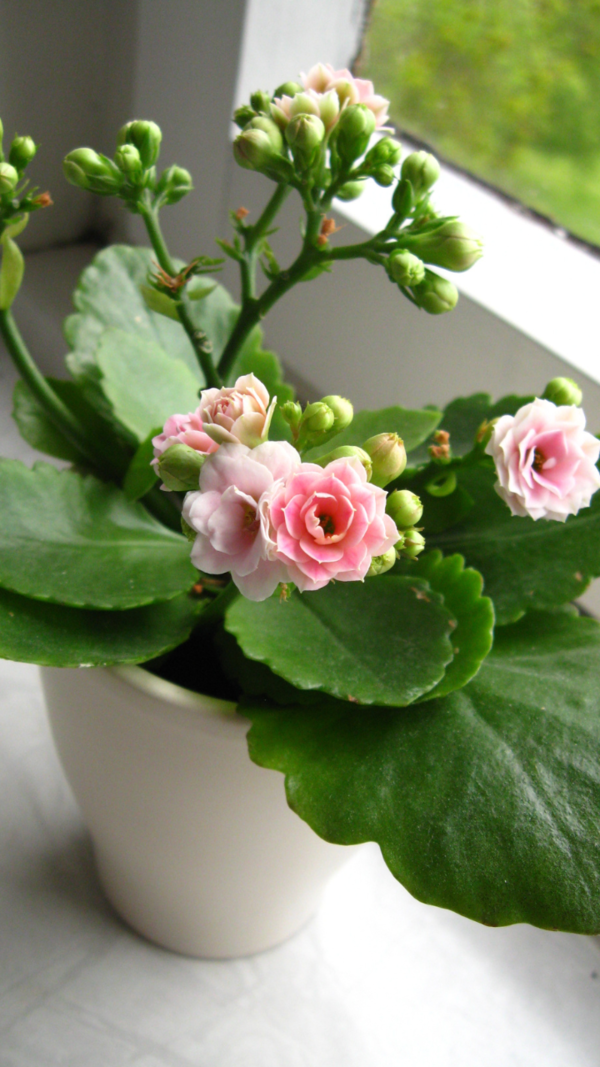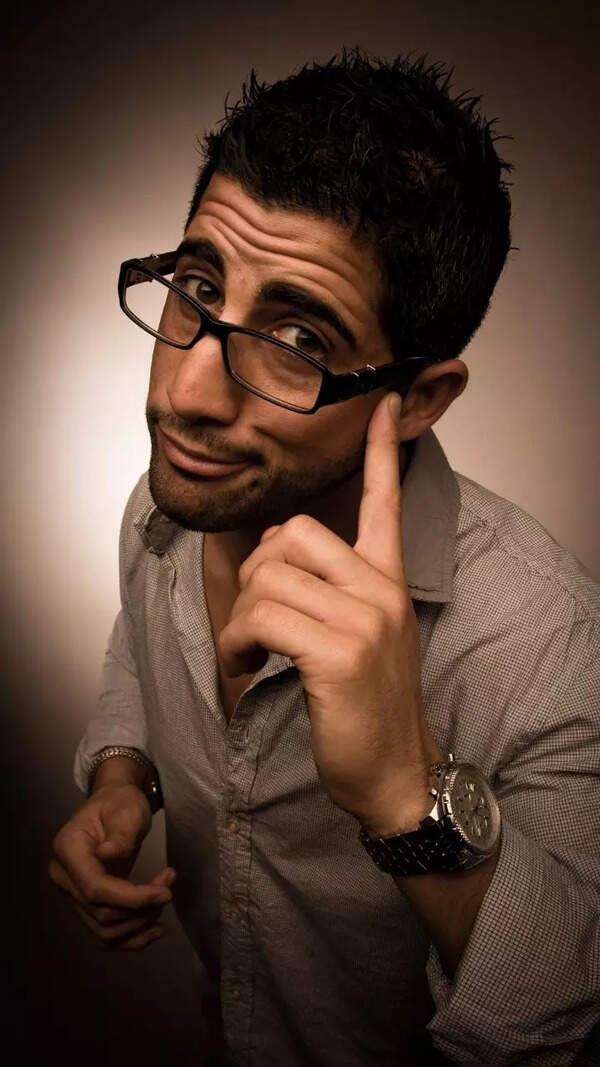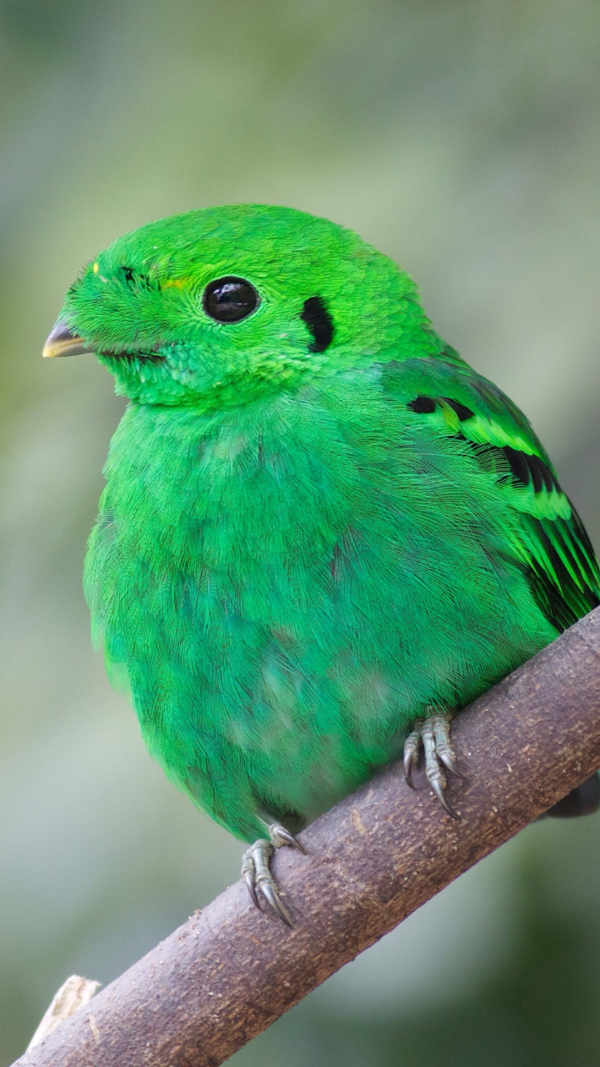- News
- Groovy music, a cultural melange and all that jazz
Groovy music, a cultural melange and all that jazz
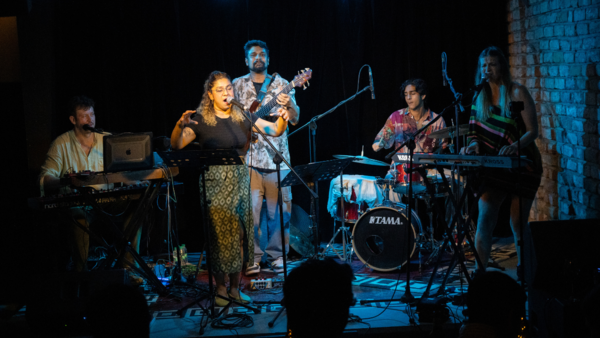
Education and exposure are essential to building a culture or a subculture. With more venues coming up, there is more access. We bit the bullet and slowly the audience started building. Before us, there was a handful of jazz shows. We started with five to six nights of jazz gigs a week. This helped in building a base and gave the opportunity to people to listen to jazz and take a subjective decision. People have more access now and artistes have more opportunities to perform
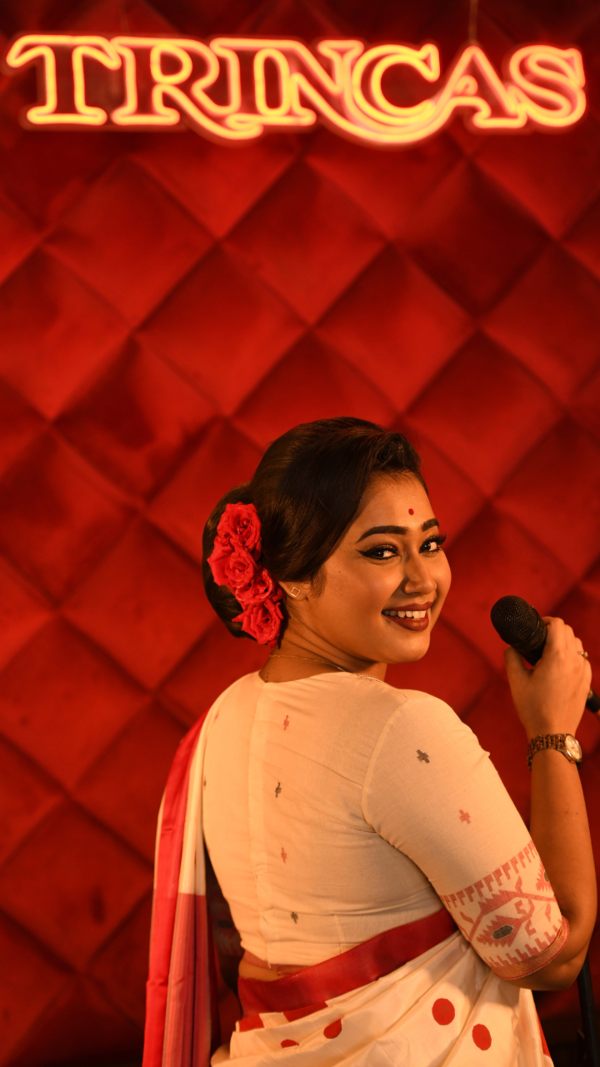
From revival to a wider appeal
Since its introduction in the 1920s through its popularity in the 60s, jazz has been gradually cementing its base among an increasing number of takers. What started from being a star-hotel staple for the elites, trickled down to restaurants and clubs. From the British era to the post-Independence jazz, its blend with the Indian classical music and Bollywood, to the cross-cultural influences and the more diverse nature today, jazz in India only seems to be growing. Increase in the number of venues, and dedicated jazz fests are proof. “Earlier, the spectrum of people tended to be narrowed down into the upper-tier. But accessibility to jazz has grown tremendously. When we restarted our jazz gigs in 2021, the democratisation of jazz gave rise to multiple venues in Kolkata,” said Anand Puri, the third-generation owner of Kolkata-based Trincas, which has had a relationship with live gigs since the 60s, with legendary performers marking their presence. The popularity can also be linked to jazz’s improvisational aspect that helps it blend with other genres like pop, classical, rock, and electronica. It’s this free-spirited nature that keeps jazz relevant. “Since jazz is such an improvised style, it’s something to be experienced live. No one style is alike. No two gigs by a jazz artiste are the same. Jazz fests, theater hall shows, sit-down jazz gigs, and active listening sessions, are becoming a thing for the keen listener,” said Pune-based Vinay Kaushal, guitar player and music composer.
We consciously invite jazz artistes who are not frequently seen in Pune. In fact, many guests come without even checking who is playing. It has become a safe space for those, who want to unwind with good music and better company
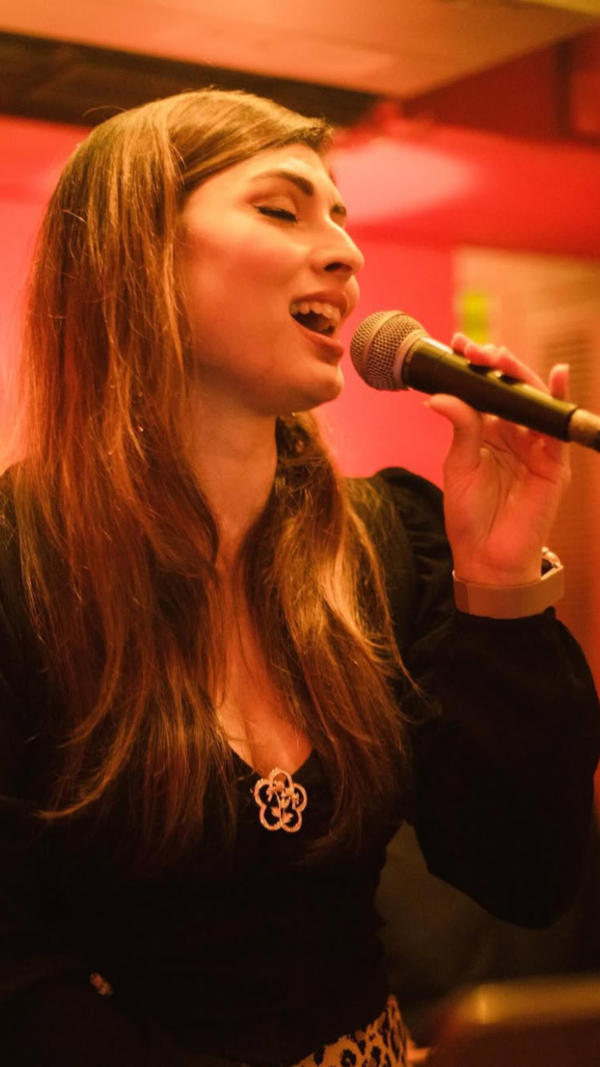
Rhythm, multiculturism and more: Why is jazz making the right noise
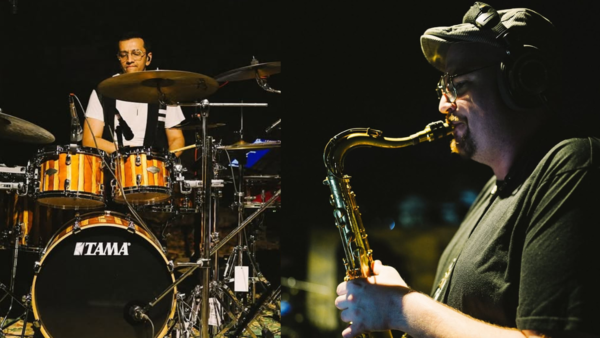
"The attentive audience, understated ambience, great sounding room, signature music, and the option to play with a solid house-band attracts a host of high quality acts and artistes from around the world that speak the language of jazz . We are able to present the audience with eclectic musical styles, and energies from the likes of Grammy winners and virtuoso drummer,” said Jonathan Furtado, jazz bass player, and jazz curator at the Goa-based, The Flying Goat that has hosted renowned jazz artistes from across the world, including Darshan Doshi, Mark Hartsuch, Lars Moller, Shirish Malhotra and Shariq Tucker, for its monthly special Jazz Odyssey, apart from the weekly jazz nights.
Jazz is not some esoteric, niche kind of music. Just like classical music, jazz might demand slightly more attention to be enjoyed. It is unlike pop music, which is far more assessable
‘There's something for every listener’
